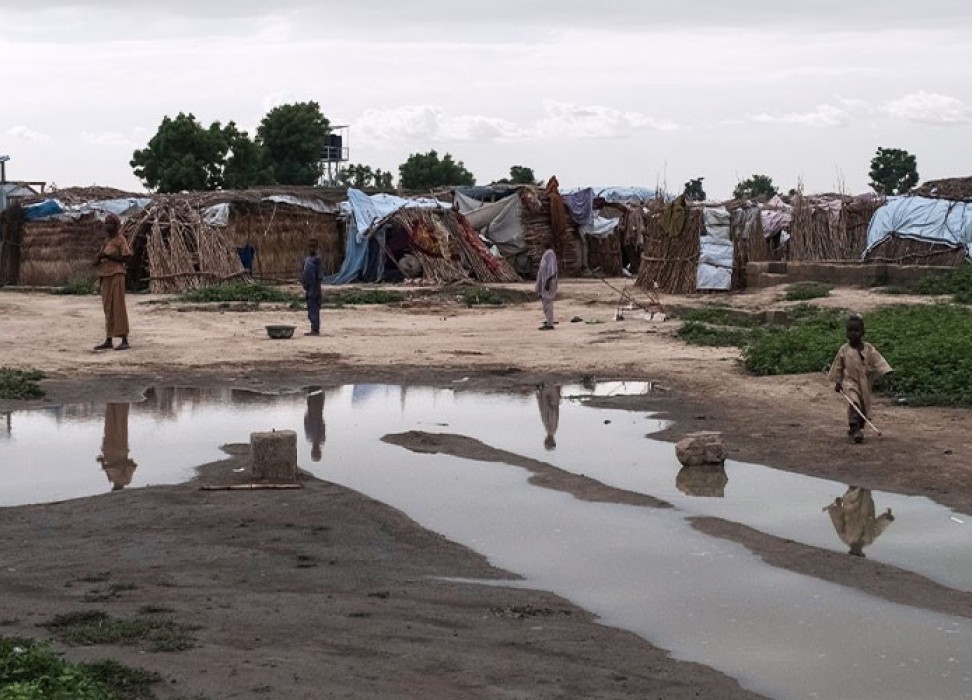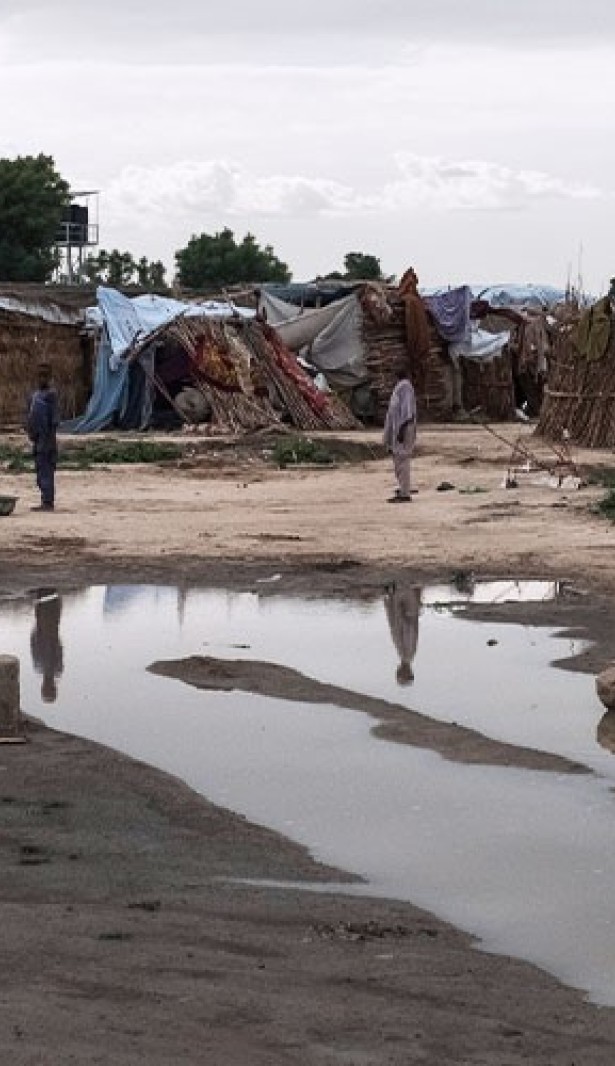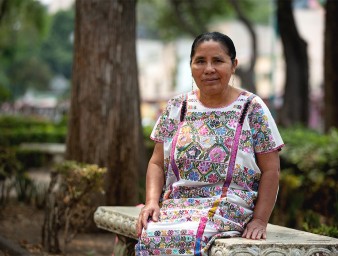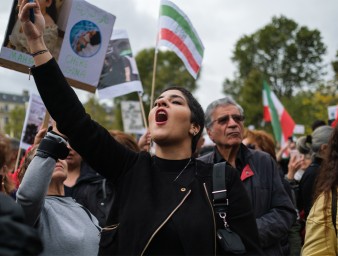Northeast Nigeria: addressing impunity for sexual violence amidst a decade-long conflict
05 November 2019

Conflict in northeast Nigeria, raging since 2009, has killed an estimated 27,000 people and has forced a further 1.8 million from their homes.
The crisis is rooted in a violent, regional armed conflict, affecting also Chad, Niger and Cameroon. It has been exacerbated with attacks on civilians by armed groups including Boko Haram, counter-insurgency operations carried out by government forces, and inter-communal violence.
Today, the region is home to one of the world’s most severe humanitarian crises.
As the conflict continues into its tenth year, women and girls in Nigeria have become increasingly vulnerable to abduction, rape, exploitation, sexual slavery, and forced and early marriage. Nearly two-thirds of women in the northeast have experienced one or more forms of gender-based violence. Rape in the camps for displaced persons has become an epidemic.
“The trauma does not fade, it just repeats,” says Edward Kallon, UN Resident and Humanitarian Coordinator. “Some of the women who survived abuses by Boko Haram are now facing discrimination and sexual attacks by the very people who are supposed to protect them.”
UN Human Rights, working in the area since 2014, has been fighting against impunity for violations and abuses of rights by security personnel involved in counter-insurgency operations. Teams have supported the Nigerian army in the adoption of Rules of Engagement and a Code of Conduct for counter-terrorism operations, and have been at the forefront of advocacy for their implementation.
Landmark conviction of military staff for sexual crimes
Following intense lobbying from UN Human Rights, in April this year, a military tribunal convicted a flight lieutenant for the rape of a 14 year old girl. The girl was living in the Bakassi internally displaced persons’ camp, and had been attacked when she went out to collect firewood. The medical records confirming the rape were initially seized by the military, in an attempt to hide the crime.
This was the first conviction by a military tribunal of serving military personnel for sexual crimes against internally displaced women in northeast Nigeria. An unprecedented outcome, the role of UN Human Rights has been critical in establishing the legal framework that has made such a conviction possible.
“While we very much welcome this outcome, we sadly know this case was not isolated,” says the Deputy Humanitarian Coordinator, Yassine Gaba. “Women are afraid to recount the horror of their experiences, so sexual violence in the area is far too underreported. We hope that this can set a precedent for further convictions and investigations, and can encourage more women to come forward.
Such heinous crimes cannot continue.”
5 November 2019




